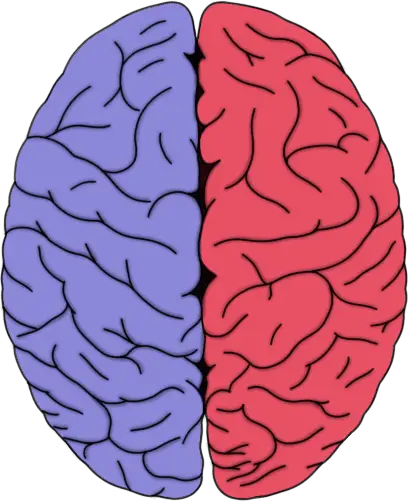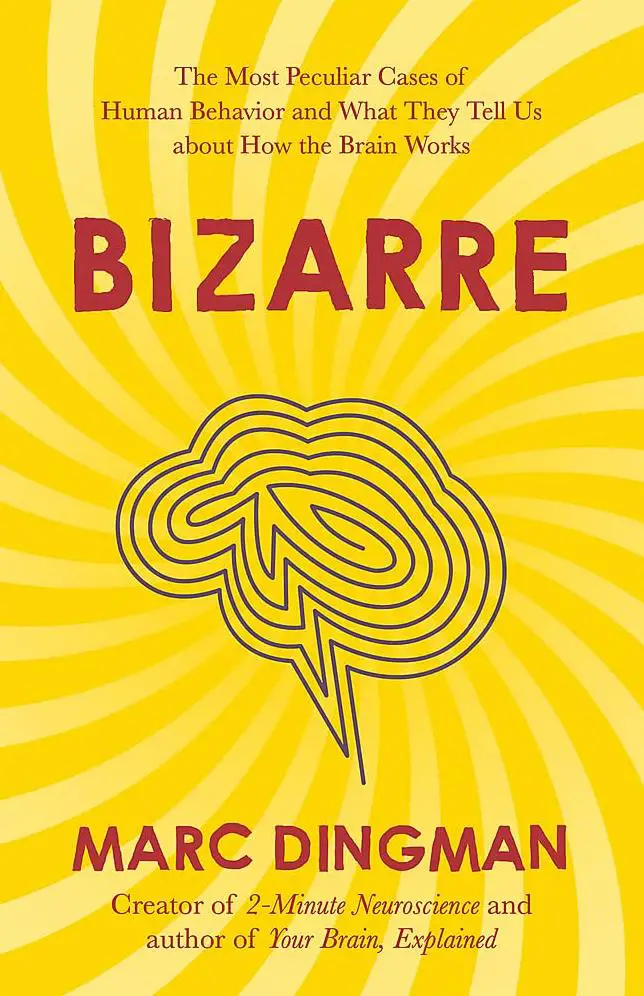Beta-Blockers May Act on the Brain
When beta-blockers were discovered, they held such promise that the National Heart, Lung, and Blood Institute (NHLBI) halted trials of one such drug nine months early. They felt it was unethical to continue administering placebos to the control group in the study, based on the significantly improved survival rates they were seeing among those who were taking the beta-blockers. By the late 1990s beta-blockers had become a standard facet of therapy for patients suffering from congestive heart failure. They can be a very effective form of treatment, correlating with significantly reduced mortality rates in congestive heart failure patients.
Beta-blockers are so called because they block the action of epinephrine and norepinephrine on beta-adrenergic (BA) receptors. Epinephrine and norepinephrine are better known to some as adrenaline and noradrenaline. They are hormones responsible for modulating the “fight or flight” response of an organism. This response occurs when an organism is faced with a stressful situation, and results in an increase in both heart rate and force of myocardial contraction, along with the constriction of blood vessels in many parts of the body. Understandably, this puts a strain on the heart, a strain which beta-blockers seem to mitigate by blocking adrenaline from binding to BA receptors and reducing the intensity of the fight or flight response.
BA receptors are located throughout the body, however, and it has never been completely understood exactly where beta-blockers work to improve heart health. It was assumed (although not proven) that most of their action was on receptors in the heart. It was thought that the antagonistic effects of beta-blockers on these receptors inhibited the action of epinephrine, lowering heart rate, dilating blood vessels, and thus having an antihypertensive effect.
But a group of researchers at University College London recently demonstrated that beta-blockers may also have an influence on areas of the brain that regulate heart function. They studied the brains of rats that underwent infarction-induced heart failure and found the beta-blocker metoprolol acted directly on the brain to slow that heart failure. The location of the action was in an area the group had previously found to be associated with blood pressure and heart rate.
This doesn’t mean beta-blockers don’t work on the heart as well. It does, however, provide an impetus for further research into their mechanism. For, if they do have an effect on the central nervous system, understanding that influence could open the door for more comprehensive, and perhaps more specific, therapies to treat congestive heart failure, and heart disease in general.


